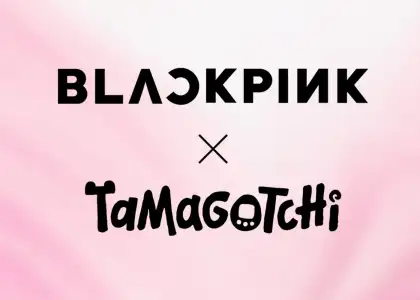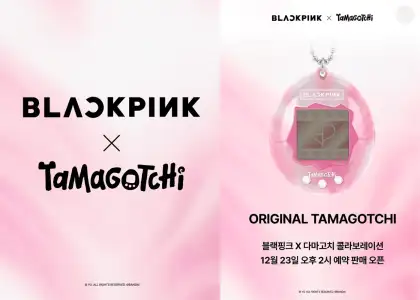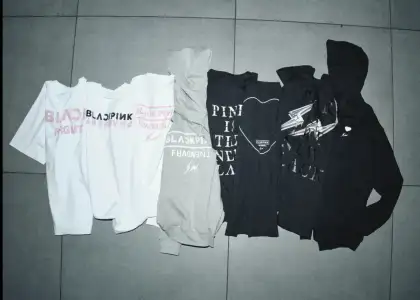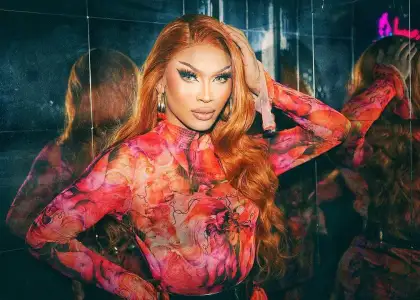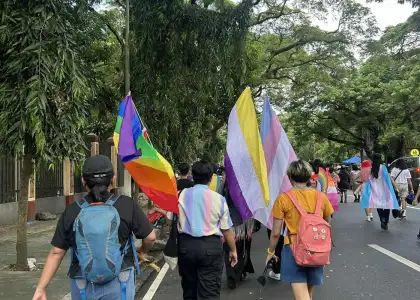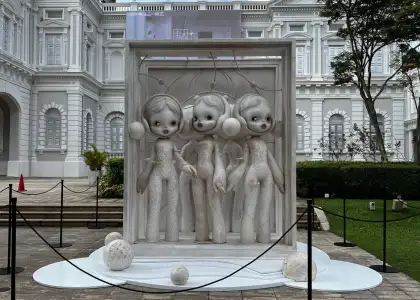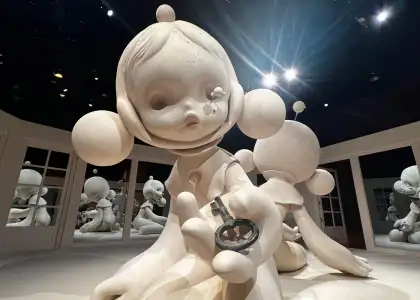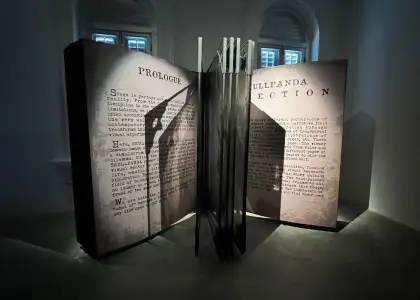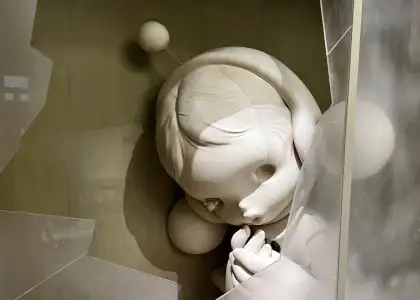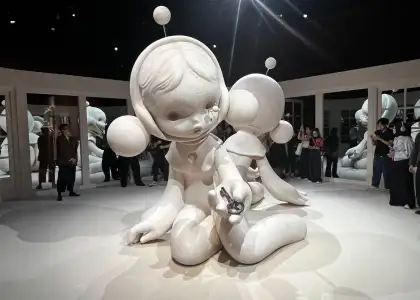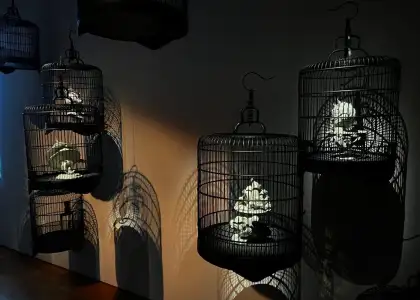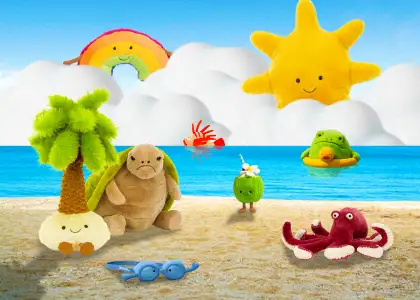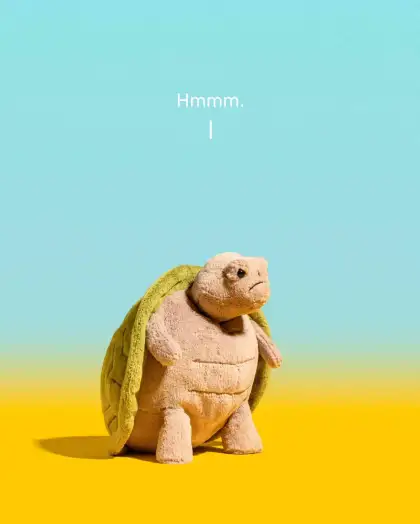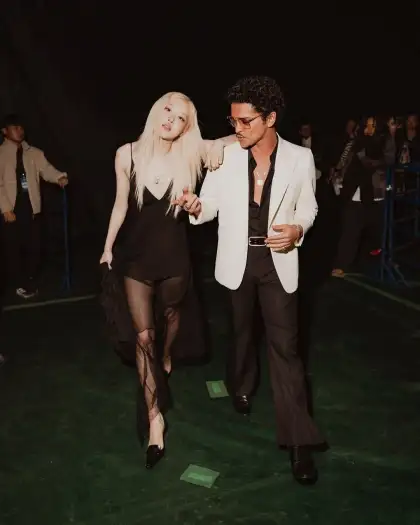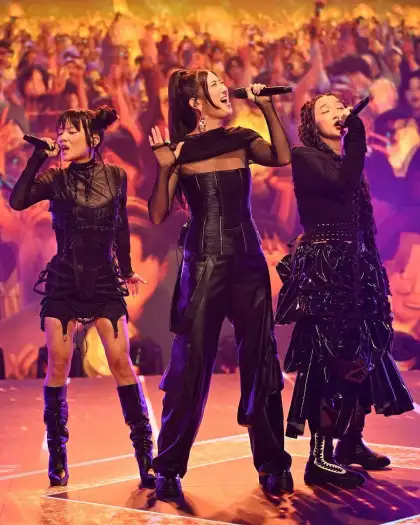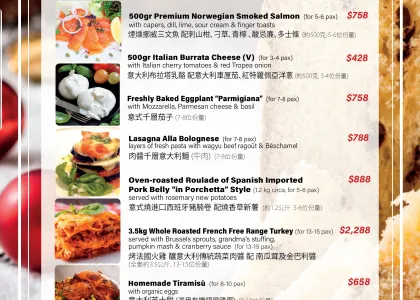The Beat Asia Reads: 8 Novels in Celebration of Asian Literature

How does one read a continent? Where does one begin? It seems that to be a "serious reader" or to qualify as "cultured and well-read," generally, has come to mean to read mostly Western literature. Asian literature exists, obviously, and it would be quite unfair to say Asian authors are scarce or hard to come by.
There is no shortage of Asian authors, this we know, but at least compared to their Western counterparts, it would be difficult to say that Asian authors have reached the same acknowledgment and celebration. Perhaps it's the lack of equal representation in the international literary scene, still. Maybe it's the lack of conversation about Asian literature beyond the academe or its lack of promotion, perhaps it's the lack of translated works and translators, or the dearth of material and institutional support that would allow Asian writers to actually write and publish. It could be all of the above and more.
What we also know: literature in Asia is a many-worlds world on its own, and the continent's many regions each a different, unique universe. It is not one thing that defines Asian literature but many one things, its writings where heritage, history, and personal truth intersect each a complex, multi-layered, many-storied story.
To read Asia does not just mean to read something new. In diversifying one's authors and rethinking one's reading list, one is compelled to challenge their position and beliefs about the world, most especially now more than ever during a time when the COVID-19 pandemic has stoked up anti-Asian racism and xenophobia globally.
This short list, which you can consider as a gateway, features Asian novels from the countries Japan, South Korea, Singapore, the Philippines, Malaysia, Thailand, and the special administrative region of Hong Kong. It was made in the hope that, eventually, there would be no need for such lists in the first place.
'Dekada '70' - Lualhati Bautista

The late Filipina novelist Lualhati Bautista passed away at 77 years old on Feb. 12, 2023. Considered among one of the most famous Filipina authors, Bautista made her name when she fiercely wrote about the struggle of the Filipino people and the injustices under the regime of the late dictator Ferdinand Marcos. Her political novel "Dekada ‘70," which won the Palanca Award Grand Prize in 1983, tells the story of the Bartolome family during the Marcos dictatorship. Despite being middle-class and seemingly happy and normal, some of the brothers find themselves on different sides of the struggle. A family tragedy strikes the Bartolomes and they must now come to terms with their reality.
'GAPÔ' - Lualhati Bautista

Although Bautista's "GAPÔ" won the 1980 Palanca Award Grand Prize, it did not get published until eight years later in 1988. Titled "GAPÔ at isang puting Pilipino sa mundo ng mga Amerikanong kulay brown" in full, this slim novel is set in Olongapo and centers on Magda, a sex worker, and Mike, a half-Filipino. It's a gritty and honest tale between conquered and conqueror during a time when the Philippines was pervaded with American military bases.
'Breasts and Eggs' - Mieko Kawakami

Osaka-born Mieko Kawakami debuted in the literary scene as a poet and became known for her Japanese novel "Breasts and Eggs," which won the 138th Akutagawa Prize in 2007. Translated into English by Sam Bett and David Boyd, it shows an image of contemporary life for women in modern Japan, telling the journey of three women – 30-year-old Natsu, her older sister Makiko, and Makiko's daughter Midoriko – as they go through their personal struggles and fears about adolescence, identity, and ageing.
'The Vegetarian' - Han Kang

South Korean novelist Han Kang's 2007 "The Vegetarian," is the first-ever novel in the Korean language that won the Man Booker International Prize; it was bestowed on both the author and her translator Deborah Smith in 2016. Han Kang made her literary debut as a poet in 1993 before becoming a novelist the following year in 1994.
"The Vegetarian" centers on Yeong-hye, who suddenly stops eating meat one day after having a brutal dream. Her decision upends her life and relationships with her husband and relatives, setting off her family to violent and extreme means to control her. "The Vegetarian" has been called "darkly allegorical" and reminiscent of Kafka.
'Khamphiphaksa' ('The Judgment') – Chart Korbjitti
Chart Korbjitti is known in Thailand as one of its gifted contemporary authors. Named a National Artist in Literature in 2004, he became regarded for writing about the working class. His award-winning novel "Khamphiphaksa" ("The Judgment"), tells the story of a school janitor who is discriminated against by the village for his social status. The author is a two-time recipient of the S.E.A. Write (Southeast Asian Writers) Award and his novels have been translated into English and French.
'Ponti' - Sharlene Teo

Singaporean author Sharlene Teo's debut novel "Ponti" is short for the Pontianak, a dangerous ghost of a woman that commonly figures in Malaysian, Singaporean, and Indonesian folklore and horror. That being said, "Ponti" is not a horror novel. It follows the story of Szu, a girl with no friend and father and who "lives in the shadow of her mother Amisa, once a beautiful actress" and the friendship she develops with the sharp-tongued Circe. "Ponti" won the Deborah Rogers Foundation Writers Award in 2016.
'The Harmony Silk Factory' - Tash Aw

London-based Malaysian writer Tash Aw's debut novel "The Harmony Silk Factory" in 2005 centres on the story of textile merchant Johnny Lim in British Malaya during the first half of the 20th century. Johnny makes his fortune by establishing the Harmony Silk Factory amid the occupation and after. "The Harmony Silk Factory" is told in three viewpoints, first by Johnny's son Jasper, the second through his late wife Snow’s diary, and the third by Peter, an English drifter who became Johnny's friend. This debut novel of Aw's was longlisted for the Man Book Prizer and bagged the Whitbread Book Awards for First Novel.
Creative Non-Fiction (An Exception)
‘The Impossible City: A Hong Kong Memoir’ – Karen Cheung

Although not a novel, we are behooved to include Karen Cheung's "The Impossible City: A Hong Kong Memoir" in this list. Cheung, a writer and journalist from Hong Kong, weaves the personal and the political in her debut book that is at once memoir and reportage. She leans on her lived experience and barefoot work as a journalist reporting from her home, as well as interviews and encounters she's had with protesters, musicians, and other figures to write about the complexities of Hong Kong and deliver "a rare insider's view of [a] remarkable city at a pivotal moment."
Get the latest curated content with The Beat Asia's newsletters. Sign up now for a weekly dose of the best stories, events, and deals delivered straight to your inbox. Don't miss out! Click here to subscribe.


